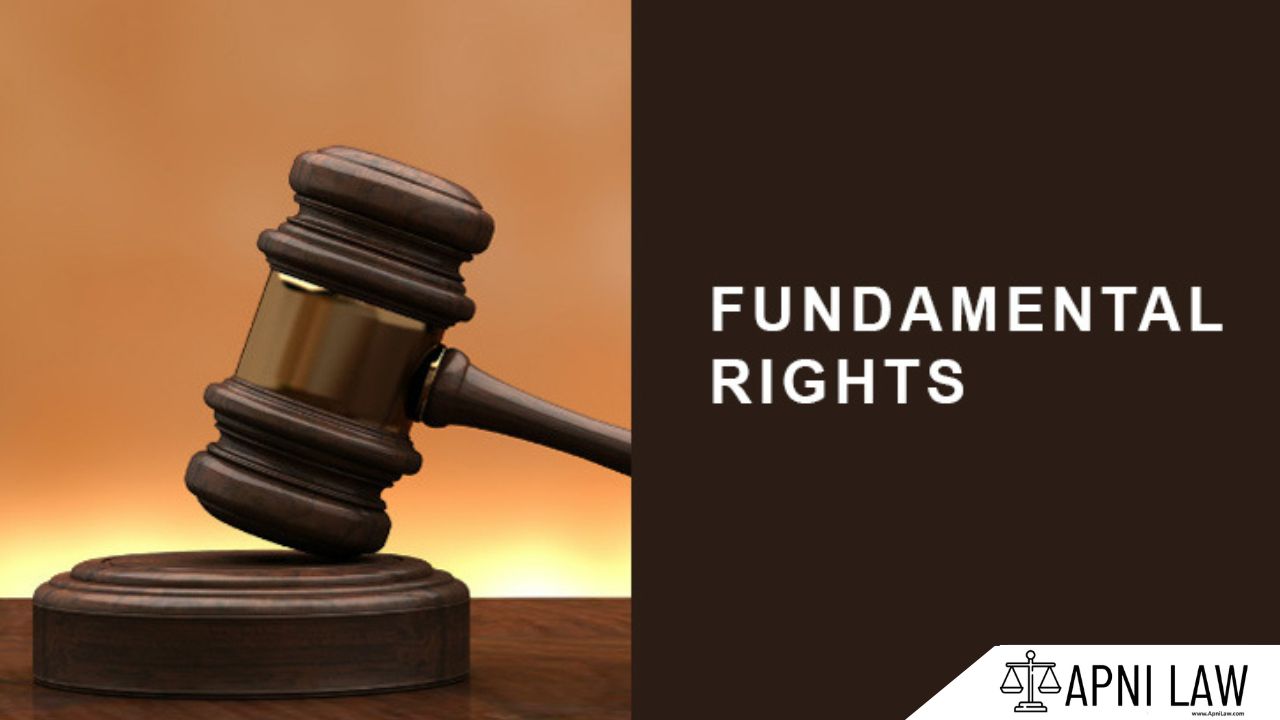Code:
(1) When a person is convicted at one trial of two or more offences, the Court may, subject to the provisions of section 71 of the Indian Penal Code (45 of 1860), sentence him for such offences, to the several punishments prescribed therefor which such Court is competent to inflict; such punishments when consisting of imprisonment to commence the one after the expiration of the other in such order as the Court may direct, unless the Court directs that such punishments shall run concurrently.
(2) In the case of consecutive sentences, it shall not be necessary for the Court by reason only of the aggregate punishment for the several offences being in excess of the punishment which it is competent to inflict on conviction of a single offence, to send the offender for trial before a higher Court:
Provided that–
(a) in no case shall such person be sentenced to imprisonment for a longer period than fourteen years;
(b) the aggregate punishment shall not exceed twice the amount of punishment which the Court is competent to inflict for a single offence.
(3) For the purpose of appeal by a convicted person, the aggregate of the consecutive sentences passed against him under this section shall be deemed to be a single sentence.
Explanation:
This section outlines the process of sentencing when an individual is convicted of multiple offences in a single trial. It states that the court, in its discretion, can impose separate sentences for each offence or a single cumulative sentence for all offences. The court must consider the nature and gravity of each offence, the circumstances of the case, and the overall fairness to the accused when determining the appropriate sentence.
Illustration:
Imagine a person is convicted of both theft and assault during the same trial. The judge can choose to:
- Impose a separate sentence for the theft and another for the assault.
- Combine the sentences into one cumulative sentence that encompasses both offences.
The judge will consider the severity of each crime, the accused’s criminal history, and other relevant factors to decide the most appropriate course of action.
Common Questions and Answers:
Q: Can the court impose a life sentence for multiple offences?
A: Yes, if the cumulative sentence for all offences warrants a life sentence, the court can impose it.
Q: What happens if the court imposes separate sentences for multiple offences?
A: The accused will serve the sentences consecutively, meaning one after the other.
Q: Does the court always have to impose a sentence?
A: No. The court has the power to acquit the accused, impose a fine, or impose a sentence of imprisonment depending on the specific circumstances of the case.









